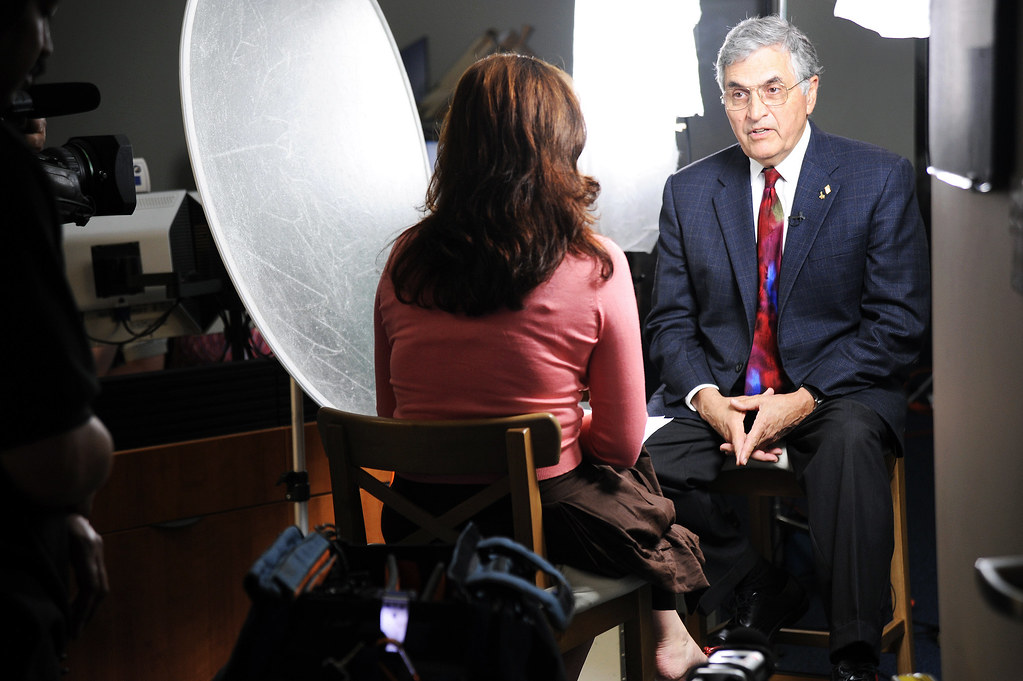You would think that an audit would be indisputable in its findings, that it was the result of mathematics, one of the hard sciences. However, in the world of accounting you would be wrong, as the figures can tell us what we want to find depending upon the variables used in crunching the numbers in the first place. Things can be shifted from inputs to outputs and jump columns to paint a very different picture. Governments contracting audits from outside their public service to companies like PwC and KPMG are aware of this, and it is one of the attractions of this course of action. Accountants enabling illegal and immoral behaviour in business and government are all too common.
“Former KPMG partner urges royal commission into consulting industry following damning report into PwC scandal”
“PwC Australia has sacked eight partners, including its former CEO Tom Seymour, over their direct involvement in or knowledge of the tax leak scandal which has engulfed the consulting firm.”

Accountants & Lawyers Facilitating Corporate Greed
Accountants and lawyers are professional enablers for cooking the books and making things fly which never should. Robodebt, described in the Royal Commission into it, as one of the greatest betrayals of the Australian people by government in Australian history, was the subject of an exhaustive review by PwC. The findings of this review were never made public and the basic illegality of the Robodebt scheme never confirmed. A settled class action has since cost Australian tax payers $1.8 billion. Governments utilise consultancy firms to make themselves less responsible by putting themselves at arm’s length from findings and often burying the findings of these reviews if they don’t like what is found.

Outsourcing The Business Of Government
Politicians wish to live in an alternative universe where everything is always positive. Upbeat public announcements and stage-managed press conferences are par for the course these days. Government is the art of pleasing the loudest interest group and minimising the push back from those their decisions damage. Welfare recipients are some of the most vulnerable and powerless Australians and their voice carries little to no weight in the electorate. Multinational corporations are very powerful and can afford legions of lawyers – these are not easy targets for governments.
This is why things do not change for the working poor in any positive sense despite the pre-election promises invariably delivered with gusto.

The media in Australia is controlled by corporate interests in one of the most concentrated media ownership markets in the world. Murdoch, a rabid right-wing billionaire responsible for Fox News in America, and Nine Fairfax control much of the print and network media in Australia. Traditionally, this means they peddle a great deal of influence within the political economy. Social media has become the online forum for shouting matches in the 21C but much of this platform is overrated in terms of real power. Russian bots will amplify the discord on social media wherever possible to destabilise western democracies for the benefit of the autocratic states.
The Voice to Parliament for First Nations people in Australia will be a prime target for this destabilisation, as were Brexit and the US elections.

Australia is a fairly staid and conservative country, where change is viewed with suspicion by the largely white status quo. The nation is in the grip of a cost of living and housing crisis at the moment. High inflation and rapidly rising rents are turning the pressure up on working Australians at the lower end of the middle. The Reserve Bank of Australia has put up interest rates 12 times in around a year to dampen spending within the economy. Australians are famously apathetic; you would not see them protesting in the streets like in Paris over government changes to the pension age. Things have been easy here in terms of making a living, but the last 10 years has seen some major shifts on this score. Neoliberal governments have overseen a vastly unfair wealth distribution to a privileged few. Wages have not kept pace with company profits for some 20 years. Now, with prices for essentials like food, rent, and energy going through the roof easy street is not so easy to find. Property price inflation in Australia over the last 30 years is at some 382%. A third of the country has become very wealthy via their homes and property investments. Another third is now battling with steeply rising mortgages threatening to overwhelm them financially. The other third are renting, and rents have gone up by 30% in some cities and by 20% everywhere. This follows the pandemic which exhausted many people’s savings and has pushed them to the edge. Protests and marching in the streets may not be far away. The Liberal Party, the conservative side, has relied on self-satisfied home owners outnumbering renters to maintain their supporter base. This is why Australia has the most inadequate laws when it comes to the rights of tenants. There is a lot of noise being made about this unfairness and changes are in the offing.
Neoliberalism has pushed the scales of wealth so out of balance that a more radical element is emerging, as the ‘have nots’ seek to have their voice heard in parliament.


Accountants are the professional enablers of business and in government too. These calculating members of a supposedly veritable profession are being revealed as the architects of tax evasion in our modern economies. Whether it be through the design of family and blind trusts in dodgy tax free principalities for highly questionable individuals and corporate entities (Panama Papers) or doing underhanded favours for their multinational clients (PwC) their role in these greedy practices cannot be denied. The late Kerry Packer inspired an anti-tax movement or popular trend in Australia with his robust rejection of the virtue of tax paying at a Senate enquiry. If it was good enough for Kerry, a rich bloke at the top of his game, it was good enough for a legion of business men and women around the nation. Wealthy folk salve their consciences by disparaging the efforts of governments in how they spend tax revenue. Disrespecting politicians has become a sport in Australia and on this basis everyday people can conveniently forget about schools, hospitals, and the myriad of services funded by their taxes. The transmutation of society to a largely materialistic body means that winning the game of life is about being rewarded with mansions, luxury cars, and lots of cool stuff.
The recent 4 Corners expose of the payroll tax fraud scheme by the son and daughter of an ATO tax commissioner revealed what ‘the good life’ meant to these individuals. Big houses, fast cars, escorts, expensive booze and drugs – impressing mates in strip clubs with stories of their excess in these forays. Is this what the great Australian dream has become in the minds of corporate Australia. Big boy’s toys to show off with. Unfortunately, it was scumbag bikies who were most impressed and came looking via home invasions and blackmail for a cut of the ill-gotten gains.
This was a hundred million dollar scam utilising layers of companies with dummy directors. It exposed the corruption amid liquidators (more accountants) and the lax laws around company directors in Australia. White collar crime remains a largely unpunished popular enterprise in this country with laws not sharp enough to catch the criminals or prosecute them properly. There are obviously too many vested interests in government and business preventing things from changing in this regard. The NACC kicked off this week, the National Anti-Corruption Commission headed up by Paul Brereton, and it will be interesting to see if anything changes much.
Robert Sudha Hamilton is the author of Money Matters: Navigating Credit, Debt & Financial Freedom
©HouseTherapy


